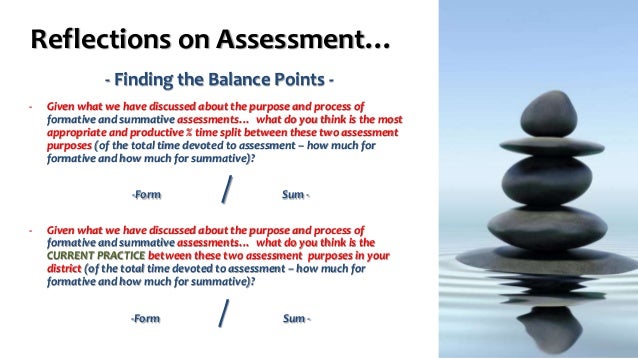

Critical decisions are being affected by numbers that shouldn’t matter!

Seeing a higher number (regardless of where it came from) led to a higher sentence at decision-time.Ĭlearly, there’s a mental blindspot at work. In both of these experiments, the pattern stayed the same. Or: What if judges just threw dice (secretly rigged to land on either a high number or a low number) right before making their decision? What would happen if the recommendation now came from a computer science student – a freshman in college? They’re trained to take in facts objectively, to value expert opinion. After all, judges are literal pros at being unbiased. Doesn’t it make sense for judges to listen to their suggestion? The judges who saw “34 months” suggested 29 months – that’s n early a year longer in prison.Īnd if you’re thinking: Wait, the prosecutor’s an expert on the case. But this number stuck.Įven when all the other facts were identical, judges who saw “2 months” suggested an average prison sentence of 19 months.

Half the judges were told that the prosecutor was recommending a 2-month jail sentence the other half were told the recommendation was for 34 months. There was only 1 difference: the sentencing recommendation. Here’s the study: psychologists Birte Englich and Thomas Mussweiler gave 19 judges ( real judges, with robes, and courtrooms) information about a felony case and asked: “If you were the judge here, what sentence would you give?”.Įveryone got the same facts: details about the crime, relevant testimony, the penal code. Now, there are many reasons why this might happen. One of them is a cognitive bias called The Anchoring Effect.

It’s perhaps one of life’s greatest injustices and erodes our faith in a system that purports to be blind.
#Arbitrary coherence examples full
Users should refer to the original published version of the material for the full abstract.NARRATOR: We’ve all heard of cases where two people receive very different sentences for committing identical crimes. No warranty is given about the accuracy of the copy. However, users may print, download, or email articles for individual use.


 0 kommentar(er)
0 kommentar(er)
